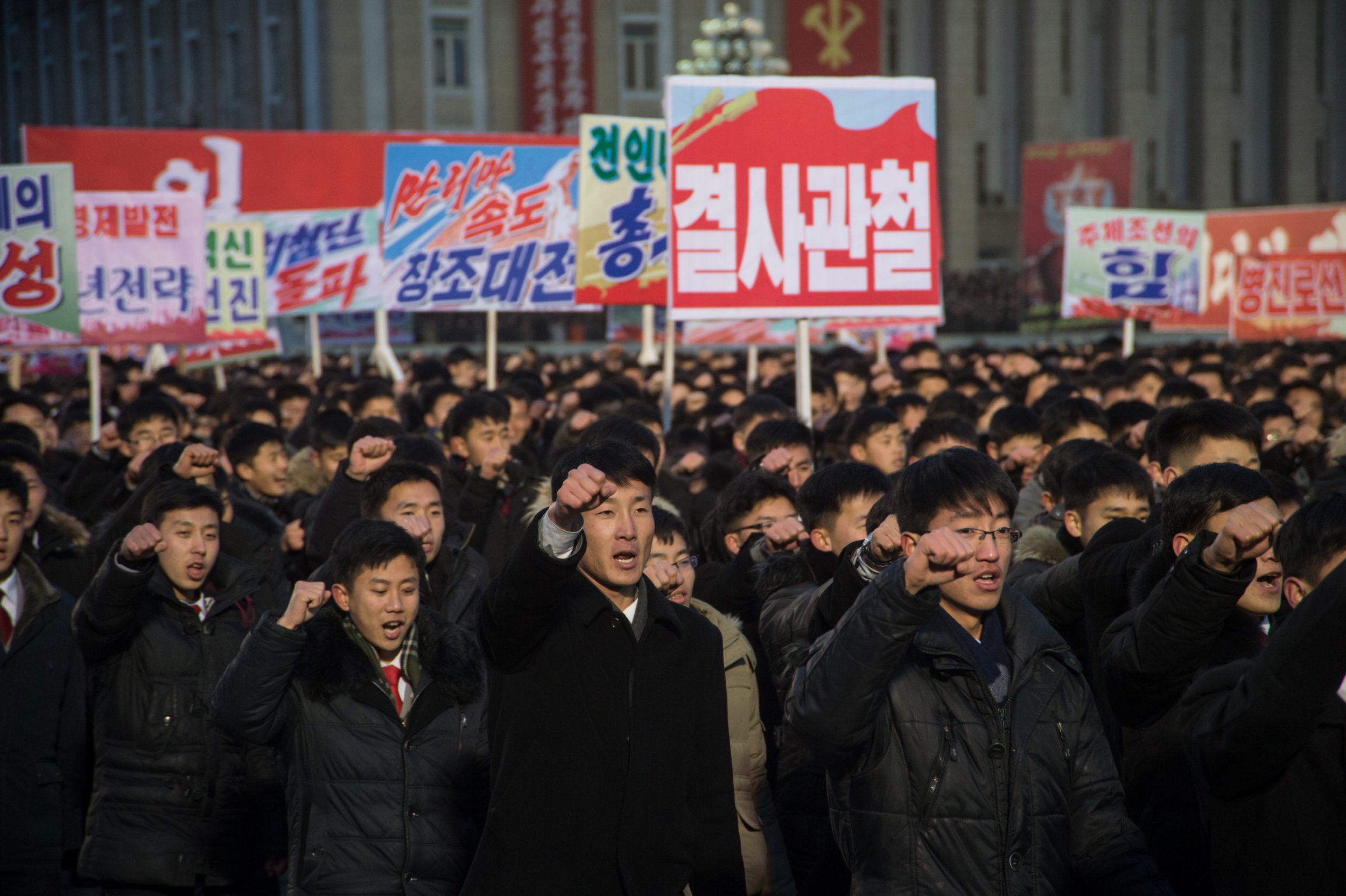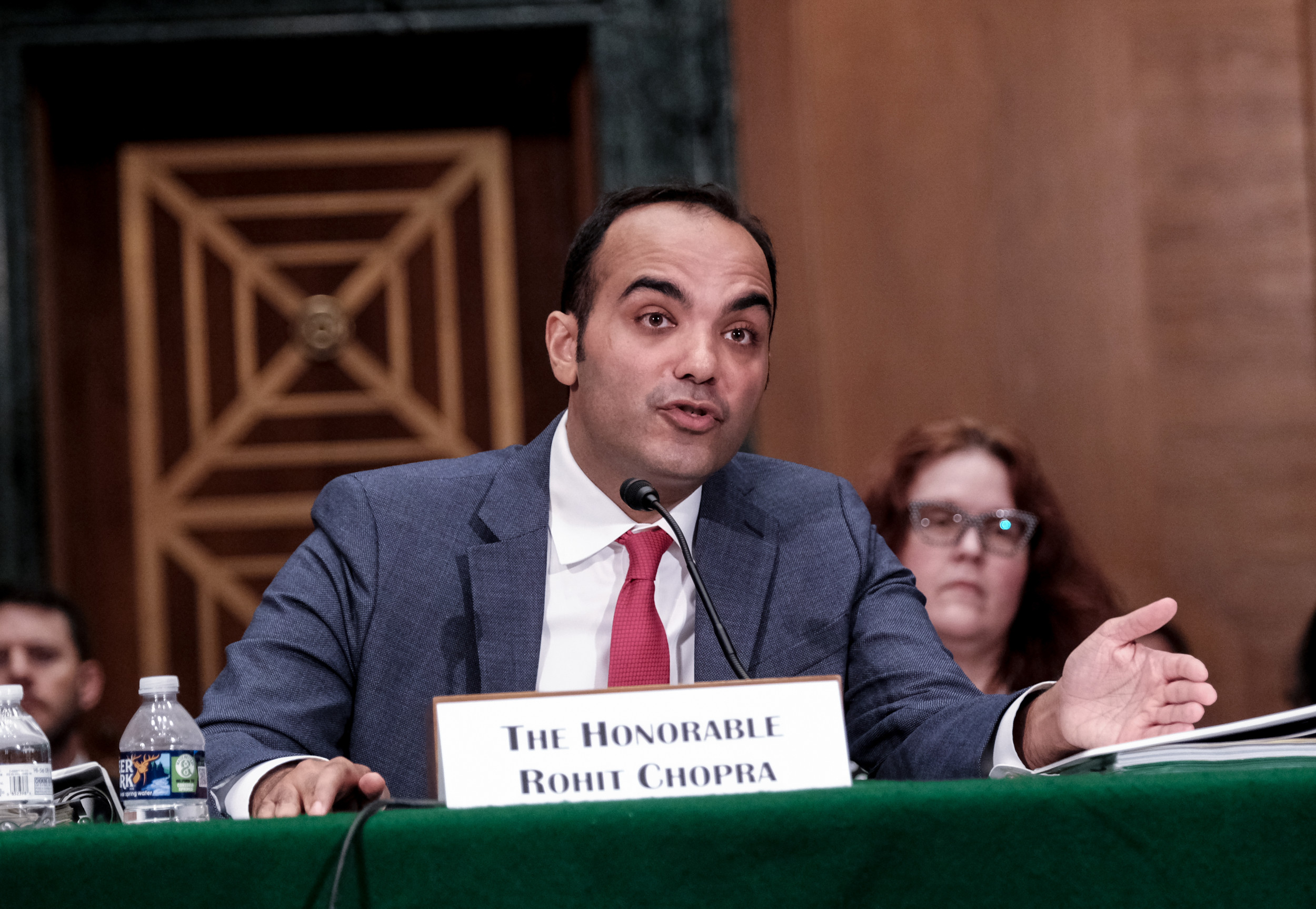
China's frustrations over President Donald Trump's hard-line approach to North Korea and its weapons of destruction have mounted as U.S. ally South Korea pushed to establish dialogue with its northern, reclusive rival.
Trump may have credited his own aggressive stance toward the crisis on the Korean Peninsula with getting South Korea and North Korea to restart talks, but the official organ of China's ruling Communist Party said Thursday that the U.S. leader has only made things worse. The nationalist newspaper criticized Trump's posturing and advised the U.S. and its allies to take the opportunity to reach out to North Korean supreme leader Kim Jong Un, who has defied international sanctions and amassed nuclear and ballistic weapons to defend his country.
Related: China Tells Trump 'This Is Not How a U.S. President Should Behave' After North Korea Tweet
"Pyongyang has taken the initiative to improve relations with Seoul this time. Obviously it wants to break the heavy sanctions. If South Korea can enhance ties with North Korea, why can't the U.S. and other countries? If they can start communications through sports, will they realize more interactions later in economics and politics?" The Global Times wrote in its latest editorial.
"Washington is maintaining a tit-for-tat attitude. Asking Pyongyang to abandon its nuclear programs and stop its intercontinental ballistic missile tests is all it wants. The only tactic of the U.S. in this regard is to pile as much pressure on North Korea as possible, regardless of the possibility of going to war," the official Chinese Communist Party publication continued.

Almost exactly one year ago today, then-President-elect Donald Trump pledged Kim would never make good on his New Year's Day 2017 promise to launch intercontinental ballistic missiles (ICBMs) capable of hitting the U.S. Facing heightened U.S. military pressure and strict economic sanctions, Kim managed to test three ICBMs, putting the entire U.S. within his range, and tested a massive hydrogen bomb.
Trump and Kim have all the while engaged in a war of words that has left China and other countries anxious over the possibility it could lead to an all-out nuclear war. Matching his rival's flair for the apocalyptic, Trump vowed to rain "fire and fury" and "totally destroy" North Korea. Most recently, Trump responded to Kim's New Year's Day remark about having a nuclear button at his desk by calling the North Korean leader out on social media, saying Tuesday his button was "bigger and more powerful."
That remark, along with many of Trump's other attempts to conduct diplomacy through social media, was not well received abroad. When asked Wednesday about the comment, Chinese Foreign Ministry spokesperson Geng Shuang told reporters the situation was "complex and sensitive" and said he "hoped all relevant parties can exercise restraint and speak and act in a way that will help ease tension and resume peace talks as soon as possible."
While Trump asserted via social media Thursday that "talks are a good thing," his nuclear button tweet the day before coincided with U.S. Ambassador to the U.N. Nikki Haley's insistence that North Korea "can talk with whoever they want" but the U.S. "won't take any of the talks seriously if they don't do something to ban all nuclear weapons in North Korea."
Secretary of State Rex Tillerson initially suggested last month that the U.S. was ready to reach out to North Korea and host their "first meeting without preconditions," but the White House later clarified the statement, saying Pyongyang must change course, and "clearly now is not the time."

The Pentagon did confirm, however, that the U.S. would suspend joint military drills with South Korea until the end of next month's Winter Olympics and the Paralympic events the following month. The event, which was to be held in Pyeongchang, was set to include North Korean athletes as part of a recent deal. North Korea has considered U.S. military activity in the region a major provocation and a reason it would not abandon its nuclear and ballistic missile program.
North Korea and South Korea also reopened a hotline between the two countries Wednesday and have since called each other three times in 24 hours, signaling a potential for greater communication between the neighbors who have technically remained at war since the 1950s.
Uncommon Knowledge
Newsweek is committed to challenging conventional wisdom and finding connections in the search for common ground.
Newsweek is committed to challenging conventional wisdom and finding connections in the search for common ground.
About the writer
Based in his hometown of Staten Island, New York City, Tom O'Connor is an award-winning Senior Writer of Foreign Policy ... Read more





